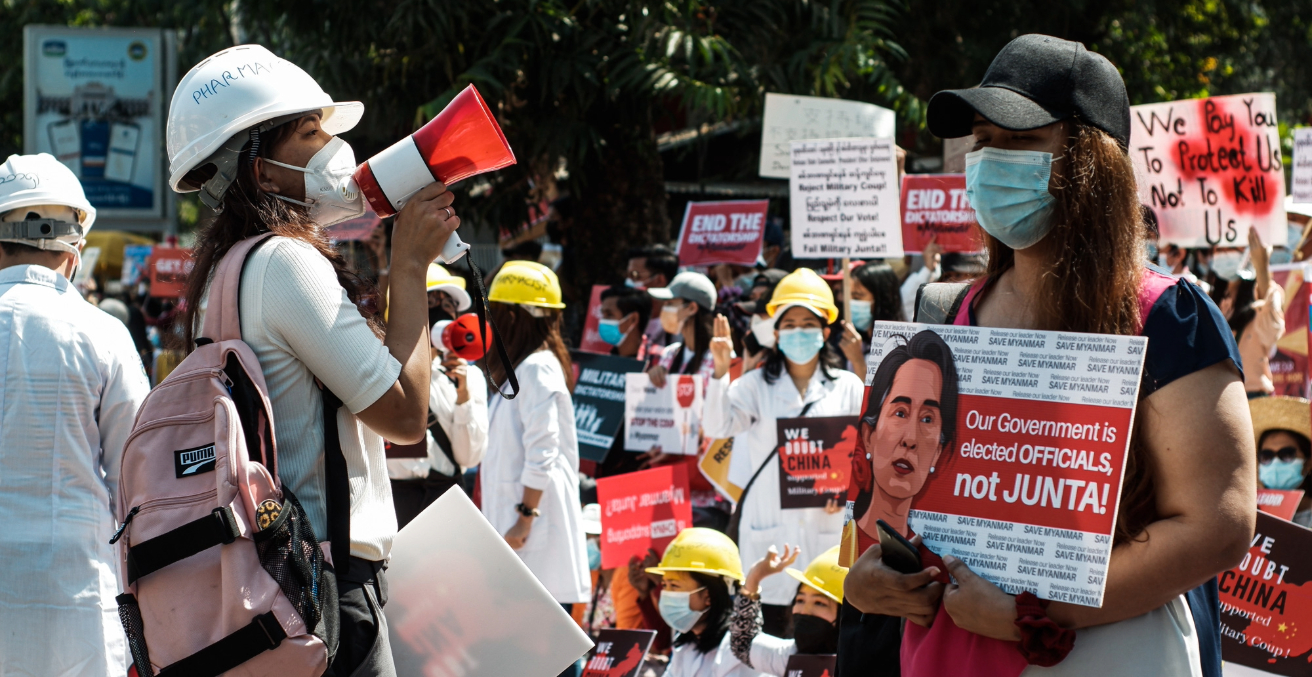Prime Minister Scott Morrison will travel to Cornwall to take up Australia’s special invitation to the 2021 G7 Summit Meeting. Major powers are looking to Australia for global leadership on international economic policy, COVID-19, and climate change.
Australia’s position as an open, tolerant, successful Asia-Pacific nation, with key interests in regional stability and prosperity, brings it to the head table. The prime minister must make the most of the moment.
Australian prime ministers must always have a relentless domestic focus – national security, jobs, growth, and individual and community well-being. These issues are paramount, but they require outward-looking foreign policy that tackles big problems before they cause substantial harm. The PM is well placed to lead Australia back into more active international engagement and in doing so bind Australia more tightly to its allies. This is the chance to give the lie to allegations of “Fortress Australia.”
Major initiatives are likely to be put forward at the G7 Summit, held in the UK from 11-13 June, on accelerated international vaccine roll out and climate change. In both cases, these are challenging issues requiring major domestic efforts and support for local communities, but those efforts ultimately cannot succeed if they are not joined strongly to additional global efforts.
Australia should build on the visionary Quad agreement in March to produce, deliver, and effectively use one billion vaccines. We recognise and applaud that the Quad agreement came on top of substantial Australian bilateral support for countries in the Pacific and Southeast Asia, worth more than $500 million.
Some may argue Australia has done enough already, but self-interest says otherwise. Without additional action, it will be many years before global vaccination is achieved. Every day lost raises the chances of more dangerous, more transmissible variants beating our defences and undermining all the progress made – and all of the sacrifices of the Australian people.
We welcome the PM’s recent announcement of additional Australian support for the COVAX mechanism that helps developing countries finance effective vaccines, bringing Australia’s total support to $130 million. This is another positive step in the right direction. However, COVAX remains severely under-funded, and Australian contributions are about half those of comparable countries.
The World Health Organization (WHO) is warning that a combination of under-funding and supply constraints have combined to leave COVAX 200 million doses behind where it should be at this time. The G7 will need to adopt a much more ambitious tone and pace to defeat the pandemic in lower income countries. Australia can help by contributing and encouraging additional COVAX funding, but also by helping broker agreement between vaccine developers and capable developing countries looking to ramp up local and regional vaccine production, distribution, and use.
The private sector has played a crucial role in vaccine development and understandably does not want to lose its intellectual property. However, we are facing a once-in-a-century global crisis that requires special measures. Vaccine development has relied as much on a bedrock of publicly funded, pure scientific research and massive public sector investment, including advance purchase orders, as it has on commercial innovation.
Therefore, we favour hammering out a common framework to govern voluntary deals to accelerate vaccine production. The OECD’s recent report, “Access to COVID-19 vaccines: Global Approaches in a global crisis” highlights potential global income gains of $9 trillion between 2020 and 2025, if we make faster progress on ending the pandemic.
The report points to the collective error in not dealing with IP sharing at the outset. That should not stop us from doing so now. Australian pragmatism can help expand global vaccine availability in a very impactful way.
At the G7, there is a chance for Australia to return to its record of active internationalism. Australia has been invited as a creative middle power. It can be clearheaded and “realist,” but also champion the virtues of global problem solving.
By marrying hard power and soft power, Australia can deliver smart power. We wish the Prime Minister every success.
This is a joint statement from the heads of The International Development Contractors Community (Stuart Schaefer), The Australian Council for International Development (Marc Purcell) and The Burnet Institute (Professor Brendan Crabb).
This article is published under a Creative Commons Licence and may be republished with attribution.




